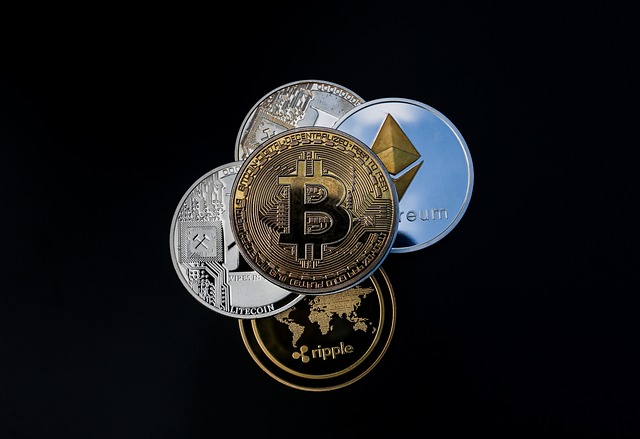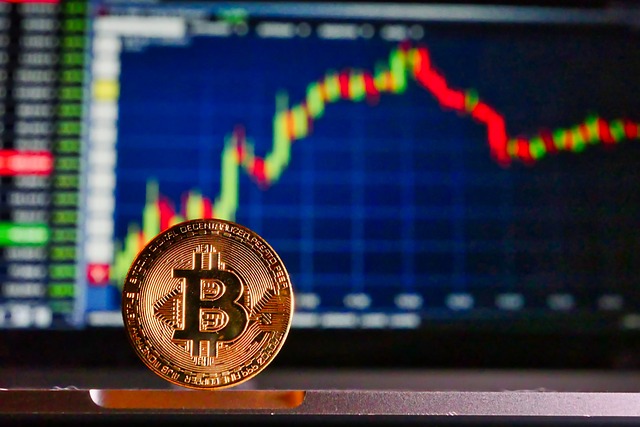The rapid growth of decentralized finance (DeFi) has attracted global attention, but it faces significant regulatory hurdles due to the lack of standardized rules and centralized authority on blockchain technology. Key issues include market manipulation, consumer protection, anti-money laundering (AML), and know-your-customer (KYC) procedures. DeFi platforms must adapt quickly to comply with global legislation focusing on consumer protection, money laundering prevention, and tax compliance. Security and risk management are critical factors for users, as the decentralized nature of cryptocurrencies increases potential risks. While regulatory challenges persist, emerging frameworks aim to establish best practices to enhance trust in DeFi.
In the fast-evolving world of decentralized finance (DeFi), crypto trading platforms are sprouting up, each promising innovative solutions. However, navigating this landscape presents unique regulatory challenges as these platforms operate outside traditional financial systems. This article delves into a comprehensive comparison of leading crypto trading platforms, examining their approaches to compliance, security, risk management, and consumer protection within the complex DeFi regulatory landscape.
- Regulatory Landscape in Decentralized Finance (DeFi)
- Crypto Trading Platforms and Their Compliance Approaches
- Key Differences in Platform Security and Risk Management
- Consumer Protection and Trust in the DeFi Space
Regulatory Landscape in Decentralized Finance (DeFi)

The decentralized finance (DeFi) space has witnessed exponential growth, attracting investors and developers worldwide with its promise of open financial systems. However, this rapid expansion has also brought to light significant regulatory challenges in DeFi. Traditional financial regulations have struggled to keep pace with the innovative nature of blockchain technology, leading to a complex web of legal uncertainties surrounding DeFi platforms.
Regulatory challenges in DeFi include issues like market manipulation, consumer protection, anti-money laundering (AML), and know-your-customer (KYC) procedures. The lack of centralized authority makes it difficult for regulators to enforce existing laws effectively. As a result, investors face heightened risks, and the industry’s long-term sustainability is put into question. Navigating these regulatory hurdles is crucial for DeFi platforms to gain mainstream adoption while ensuring the protection of users’ interests.
Crypto Trading Platforms and Their Compliance Approaches

Crypto trading platforms face unique challenges when it comes to compliance due to the decentralized nature of cryptocurrency and the rapidly evolving regulatory landscape, especially in the realm of DeFi (Decentralized Finance). As more countries introduce legislation targeting digital assets, exchanges must adapt quickly. Regulatory challenges in DeFi are multifaceted; they include ensuring consumer protection, preventing money laundering, and tax compliance. Each platform takes a different approach to navigate these complexities.
Some focus on building robust internal protocols for risk management and fraud detection while others collaborate with third-party regulatory services to stay ahead of changing rules. The lack of unified global regulations adds an extra layer of complexity, making it crucial for trading platforms to stay informed about local laws and international standards. This dynamic environment demands continuous innovation in compliance strategies from crypto exchanges to maintain trust and legitimacy in the market.
Key Differences in Platform Security and Risk Management

When comparing crypto trading platforms, security and risk management are paramount considerations. The decentralized nature of cryptocurrencies presents unique regulatory challenges in DeFi (decentralized finance), as traditional financial regulators struggle to apply existing frameworks. This often results in less oversight, which can be both a benefit for users seeking autonomy but also a significant risk factor.
Each platform has its own security measures and risk management strategies. Some prioritize robust encryption and multi-factor authentication to safeguard user assets. Others implement advanced order books and trading algorithms designed to mitigate market manipulation and ensure fair pricing. Understanding these differences is crucial, especially as the crypto space continues to evolve and navigate regulatory hurdles.
Consumer Protection and Trust in the DeFi Space

In the decentralized finance (DeFi) space, consumer protection and trust are paramount due to the unique regulatory challenges it faces. Unlike traditional financial institutions, DeFi platforms operate on blockchain technology, often transcending geographical borders. This decentralized nature presents hurdles for regulators aiming to enforce standards and protect consumers. As a result, users must conduct thorough research and exercise caution when choosing DeFi platforms.
The lack of centralized oversight means that there’s no single entity responsible for ensuring the security and integrity of these platforms. Moreover, regulatory ambiguity around cryptocurrencies adds complexity, as laws vary widely from one jurisdiction to another. Despite these challenges, emerging frameworks and collaborations between regulators and industry leaders are working towards establishing best practices and enhancing trust in DeFi.
As we’ve explored, navigating the crypto trading landscape requires a deep understanding of the evolving regulatory challenges in DeFi. Each platform offers unique approaches to compliance, security, and consumer protection, shaping the trust and accessibility within the DeFi space. When choosing a crypto trading platform, it’s essential to consider these factors to make an informed decision that aligns with your investment goals and risk tolerance, especially amidst the dynamic regulatory environment.
